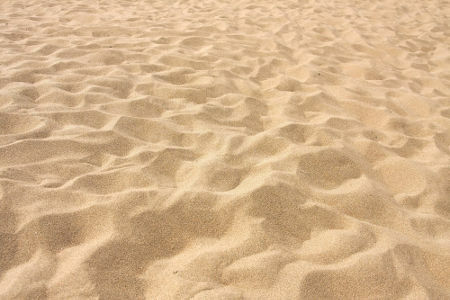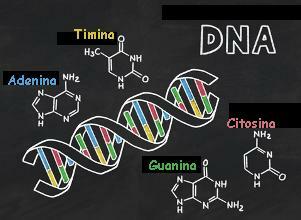THE ecology is an area of biology that studies the relationship of living beings between each other and these with the environment where they live. By studying it, we can therefore better understand the interactions between the lithosphere, atmosphere, hydrosphere and biosphere.
Therefore, we can better understand, for example, how a species influences the development of others and why some species are unique to a region. The study of ecology also allows us understand the future of planet, since we get an idea of how our actions impact the environment we live in and the species that thrive here.
Read too:Consequences of habitat destruction
What is ecology?
Ecology is an area of biology concerned with the study of the interaction of living beings with each other and with the environment in which they live.

What does the term ecology mean?
The word ecology is derived from the addition of the Greek word oikos
, which means "place where you live" or "home", with the word logos, which means “study”. In this way, ecology can be understood, literally, as a part of biology that studies organisms in the places where they live.Read too: Levels of organization in ecology
Why is it important to study ecology?
As mentioned, studying ecology is to better understand how living things interact with each other and with the environment in which they live. When we know how living beings relate and how the environment interferes in their lives, we can work to ensure, for example, the conservation of biodiversity. We are able to better understand how one species influences others and why some of them are able to live only in a certain environment.
We can also understand the impacts that human beings have on the environment and how this can affect our lives and that of other species. To avoid problems related to the environmental crisis, therefore, it is essential that we understand and deepen our basic ecological knowledge.
Some concepts of ecology

To better understand ecology, we must keep in mind the meaning of some important terms and expressions. Below, we separate some concepts of it that we should all know:
Biosphere: set of all ecosystems of the planet.
Food chain: linear sequence of trophic relationships by which energy is transferred from one organism to another.
Community: set of populations of different species living in the same region in a given period.
Consumers: organisms that need to feed on other living beings and that are incapable of producing their own food.
Decomposers: organisms that absorb nutrients from dead organic matter.
Ecosystem: set of all living beings that occur in a given location and the abiotic factors with which these living beings interact.
Species: similar organisms capable of reproducing in nature and producing viable and fertile offspring.
Abiotic factors: physical and chemical factors, that is, the non-living factors of the environment, which influence living beings. Temperature, wind, light and rainfall are abiotic factors.
Biotic factors: effects caused by living beings in a community.
Habitat: place where a species lives and develops.
ecological niche: role of a living being in a given ecosystem.
Trophic levels: position that each living being occupies in a food chain. At the same trophic level are all organisms that have the same type of nutrition. All plants, for example, occupy the trophic level of producers, as they produce their own food through the photosynthesis.
Population: organisms of the same species that live in the same area and in a certain period.
Producers: organisms that do not need to feed on other living beings, being able to produce their own food.
ecological relationships: interactions established between living beings. These interactions can be beneficial or harmful and can occur between individuals of the same species or between individuals of different species.
food web: several interconnected food chains.


